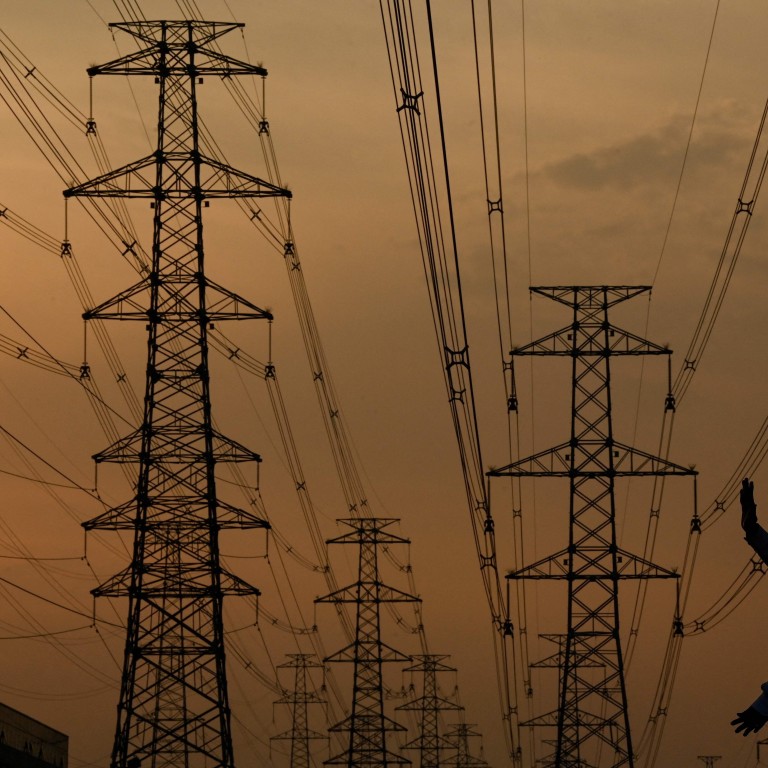
China looks to Russian coal to help ease its power shortage crisis
- Suifenhe railway port in northeastern province of Heilongjiang improves logistical arrangements to receive more coal deliveries
- Electricity supplies from Russia via the Amurskaya-Heihe transmission line were last week tripled
Vladimir Oschepkov, the Russian consul general in the Chinese city of Harbin – in Heilongjiang province, near the border with Russia – was on October 1 quoted by Russian news agency TASS as saying that import of Russian coal to Heilongjiang had fallen by 40 per cent since the start of the year because of tightened pandemic measures and a shortage of railway wagons.
But steps have since been taken to revive those imports, according to reports. State-run Xinhua on Wednesday said the Suifenhe railway port in Heilongjiang had improved logistical arrangements to facilitate coal delivery. More than 5,000 tonnes of coal a day were delivered via the port during the week of October 1 to 7, it said.
China’s state grid last week said electricity supplies from Russia to China through the Amurskaya-Heihe transmission line had increased from five to 16 hours a day, which “largely alleviates the tense situation with the power supply”.
More than 50,000 tonnes of coal were also delivered to Zhejiang province, in China’s east, on Sunday.
“In the foreseeable future, there are just no realistic alternatives to coal and natural gas as the main sources of power generation and heating,” he said. “This is certainly good for Russia, the world’s largest exporter of hydrocarbons.

03:30
Life with no power: Why some major cities in China are having to ration electricity
“The shortages in power supplies in China should reinforce the energy alliance between Moscow and Beijing, if only because Russia is the nearest external source of coal, gas and oil for China. As one consequence, Beijing may give the final go-ahead to the Power of Siberia 2 gas pipeline project, which would bring Russian gas from western Siberia into China via Mongolia.”
There are various reasons behind China’s power shortage. One is that the price of its coal is not regulated and recently hit a record high, while its electricity price is regulated, making power companies less willing to produce power because it is less profitable.
Everything you should know about China’s power crisis
Foreign businesses have expressed concern about shortages. Representatives of the European Union Chamber of Commerce said in a video conference on Wednesday that firms sometimes get just an hour’s notice to reschedule shifts at plants with 1,000 staff.
“We need far better communication from the government to help our companies to cope,” said Joerg Wuttke, the organisation’s head. “We don’t ask for privileges. We just ask for clarity.”
The chamber asked the authorities to revise how they decide which companies must cut or cease production, calling for a “scientific, transparent approach” and better communication of decisions.
Additional reporting by Bloomberg


